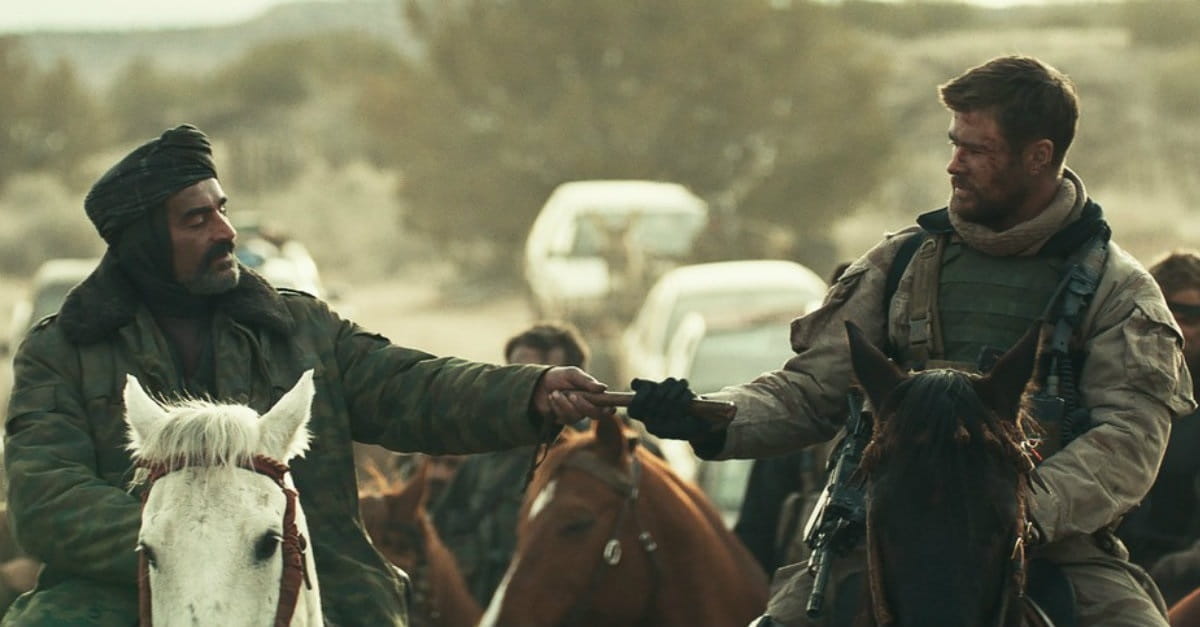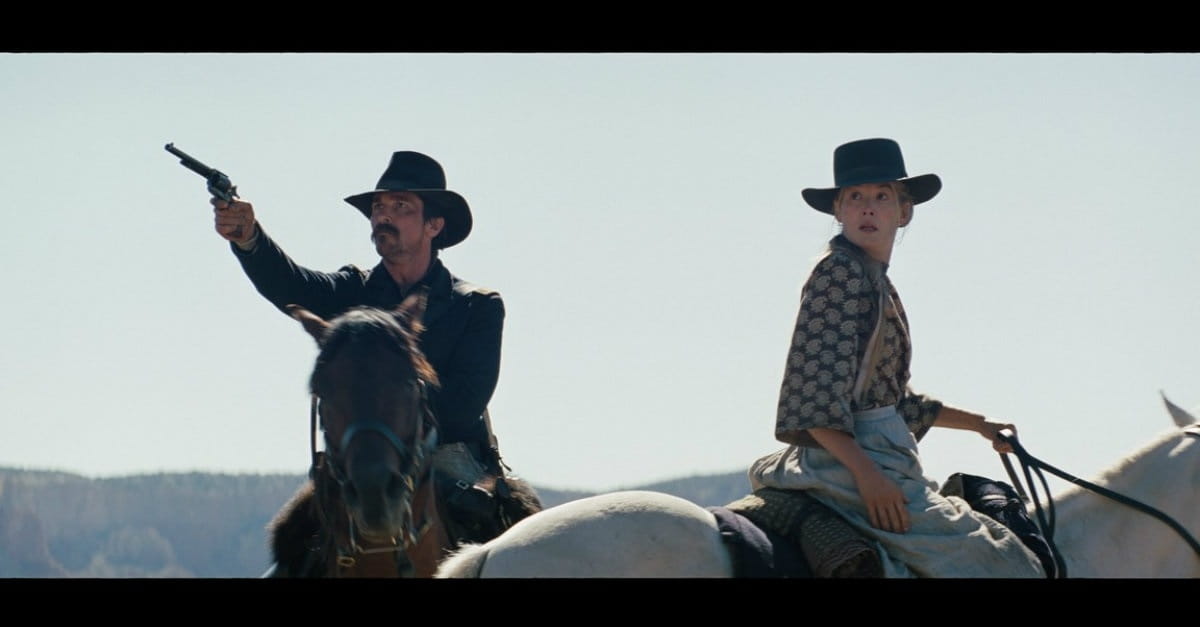Dark Insomnia not as Complex as It Appears
- Holly McClure Movie Reviewer
- Updated Jul 27, 2007

Best for: Mature audiences only.
The plot: Detective Will Dormer (Al Pacino) is a highly decorated LAPD detective who travels to Nightmute, Alaska, with his partner, Hap Eckhart (Martin Donovan), to investigate with local detective Ellie Burr (Hilary Swank) the murder of a 17-year old girl. Ellie, who has studied Dormer's cases, uses some of his techniques to search for the killer. During a stakeout in a foggy riverbed, Will accidentally shoots Hap and kills him. The only person who witnesses the shot is the killer, Walter Finch (Robin Williams), who then contacts Will and begins a psychological game to blackmail him. Because the sun is up for 24 hours a day in this part of Alaska, Will suffers from sleep depravation, which affects his judgment, reasoning and logic.
The good: Director Christopher Nolan (Memento) brings his meticulous storytelling to the screen with an unusual style of filmmaking that actually uses the Alaskan scenery as a character throughout this movie. From the barren, jagged ice to the beautiful mountains surrounding the village, the visual contrasts are breathtaking and help tell the story.
Pacino has played a lot of great cops in his career. This time his detective character can't get any sleep because of the constant daylight, and it impairs his perspective and hampers his decisions. Swank plays the young but very dedicated detective who is initially in awe of Will but soon learns that he, like everyone else, has his faults. Williams plays a pushy, despicable man who crosses the line of reason but tries to convince himself and Will that he hasn't.
I like the character combinations and cast, but the scenes between Pacino and Williams are the best. Insomnia shows how one moment, act or conflict can change your life, your circumstances and your entire future, and how once you blur those lines of truth, everything becomes relative.
The bad: Crime thrillers are supposed to make you ask questions and constantly look for the "little things" throughout the movie. In fact, there's even a conversation where Will urges Ellie to "pay attention to the little things." One of the "little things" that became a big thing for me was the movie's premise. Pacino's character can't get any sleep the entire week he's in Nightmute. Light keeps coming through the sides of his window shade, so much so that he even tapes the sides to the window so no bright light can come through.
So I ask you: If you were a hotel owner in an Alaskan town that never saw nightfall and where it was always bright, wouldn't you think that blackout curtains would be a necessity in every room? Even the cheapest motels have blackout curtains these days. And if those weren't available, then why didn't he ask for a blanket to cover the window? In one scene he stacks furniture to block out the light. Couldn't an important cop who's working on a murder case and desperately needing sleep get anyone in the hotel to solve the sleep depravation problem in his room? The solution to the problem was so simple it took away from the intelligence of the story. I also didn't care for the ending, which took the easy way out.
Offensive language and behavior: Lots of language, including religious profanity. Teens are shown smoking.
Sexual situations: Brief shots of a naked woman on the autopsy table and in photos.
Violence: Flashbacks show a young girl being strangled and hit. Several characters are shot and killed with a gun. Will sticks a knife in a dead dog.
Parental guidance: Insomnia is not a movie for kids or young teens to see. It's strictly for mature audiences.
Final take: Pacino did such an incredible job of playing a man who's exhausted and sleep deprived that both me and my friend, upon leaving the theater, commented on how tired we were, and how tense and edgy we both felt. She and I laughed at the power of filmmaking and how Nolan made a movie about a man's insomnia that, in the end, made the audience feel tired, too!














